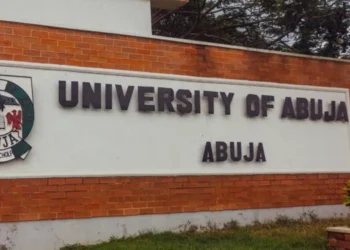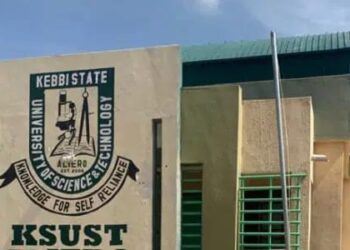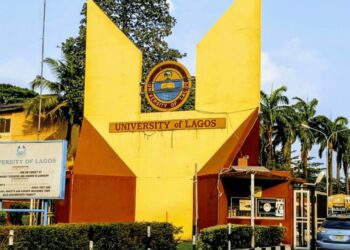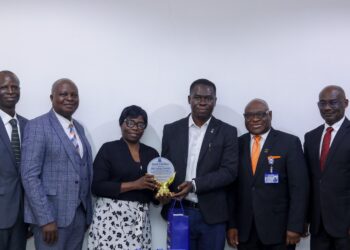The Federal Government’s decision to remove Mathematics as a compulsory subject for Arts students seeking admission into tertiary institutions has sparked mixed reactions among education stakeholders across the country.
Minister of Education, Dr. Tunji Alausa, announced the policy while unveiling the new National Guidelines for Entry Requirements into Tertiary Institutions in Nigeria. The guidelines were approved to update admission standards across universities, polytechnics, colleges of education, and Innovation Enterprise Academies (IEAs).
According to a statement by the Director of Press and Public Relations at the Federal Ministry of Education, Boriowo Folasade, the reform aligns with President Bola Tinubu’s Renewed Hope Agenda, which prioritizes inclusive education and equitable access to learning opportunities.
Dr. Alausa explained that the move aims to democratize access to higher education and correct longstanding admission barriers that have excluded many qualified candidates. “Over two million candidates sit for UTME each year, yet only about 700,000 gain admission. This imbalance is not due to a lack of ability but outdated entry rules,” he said. “Our goal is fairness and opportunity. We must ensure that capable and deserving students are not denied education because of obsolete policies.”
Under the revised guidelines, candidates must still obtain a minimum of five credit passes, including English Language, in relevant subjects at not more than two sittings. However, Mathematics will now be compulsory only for Science, Technology, and Social Science disciplines—not for Arts students.
Highlights of the new admission requirements include:
Universities: Five credits, including English; Mathematics required only for Science, Technology, and Social Science courses.
Polytechnics (ND level): Four credits, including English; Mathematics compulsory for science-related programs.
Colleges of Education (NCE level): Four credits, including English for Arts and Social Sciences; Mathematics for Science, Vocational, and Technical courses.
Colleges of Education (B.Ed level): Five credits, including English and Mathematics where applicable.
Innovation Enterprise Academies (IEAs): Same requirements as Polytechnics.
The government also replaced the National Innovation Diploma (NID) previously issued by IEAs with the National Diploma (ND) to ensure uniformity and credibility. The National Board for Technical Education (NBTE) has been directed to re-accredit all IEAs and de-accredit those failing to meet required standards.
Dr. Alausa said the reform could enable 250,000 to 300,000 additional students to gain admission each year. “Our young people are the heartbeat of this nation. This reform guarantees every Nigerian youth a fair chance to learn, grow, and succeed,” he added.
Mixed Reactions
Reactions to the policy have been divided.
Critics such as Dr. Dideolu Adekogbe, Lead Consultant at Florish-Gate Global Consult, described the move as ill-advised, arguing that Mathematics builds problem-solving and analytical skills essential in all professions, including the arts. Similarly, Dr. Gbenga Mike of P-Brains EduConsults Africa warned that excluding Mathematics could weaken the educational foundation and global competitiveness of Nigerian students.
However, many parents and educators have welcomed the change.
Christmanna Mins, a parent, said her daughter once lost admission opportunities due to poor performance in Mathematics and described the reform as “a welcome relief.”
Another parent, Uwaize Marian Oghomeh, praised the policy for reducing exam-related stress and malpractice, while Ger Iveren Grace noted that most Arts courses do not require advanced Mathematics.
Philipa Edojah clarified that Mathematics is not being eliminated entirely, emphasizing that Arts students will still learn basic Mathematics sufficient for their academic and practical needs.
Overall, stakeholders agree that the new policy seeks to expand access to higher education while maintaining necessary academic standards—a balance between inclusivity and quality learning.



















































































 EduTimes Africa, a product of Education Times Africa, is a magazine publication that aims to lend its support to close the yawning gap in Africa's educational development.
EduTimes Africa, a product of Education Times Africa, is a magazine publication that aims to lend its support to close the yawning gap in Africa's educational development.